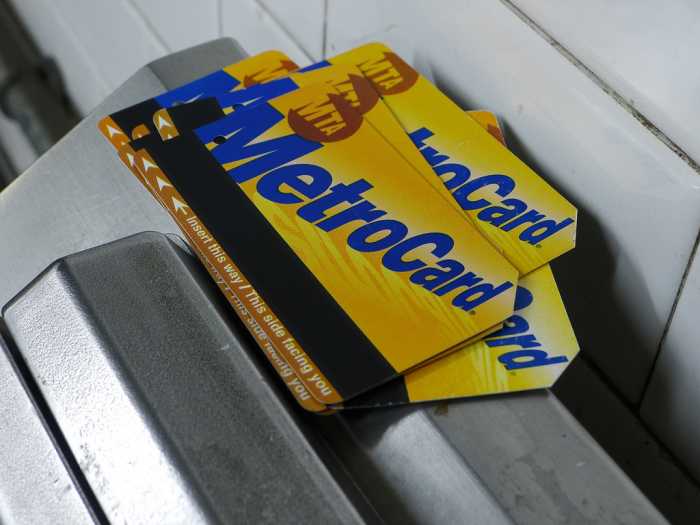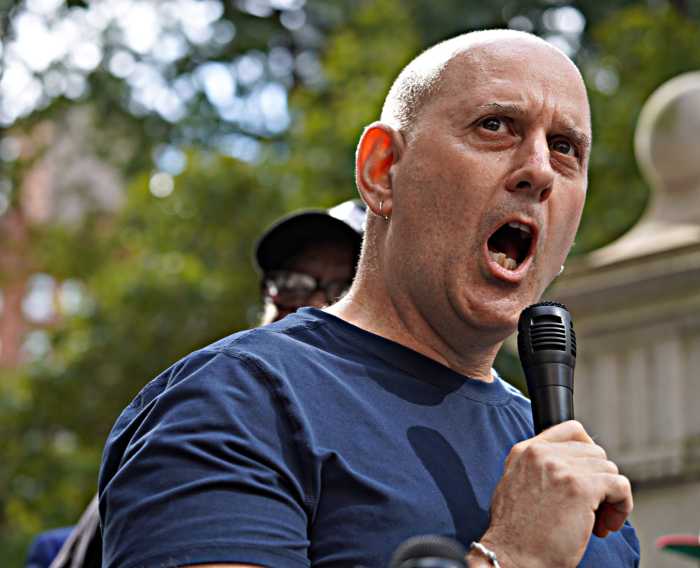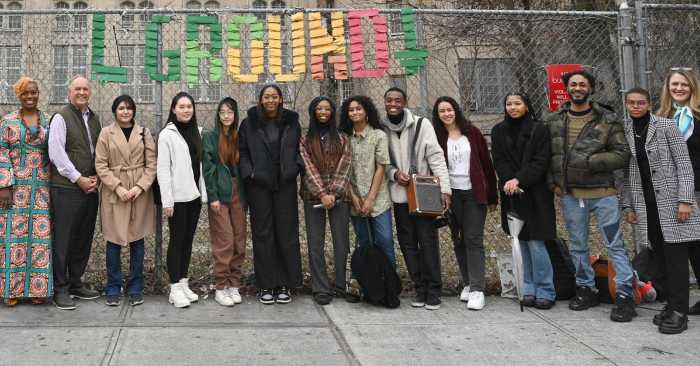In recent years, CUNY has been nationally recognized for developing innovative academic support programs that have kept students on track for degrees and increased graduation rates, particularly for students from underrepresented minority groups.
These programs have made an enormous difference in the lives of thousands of students and advanced CUNY’s mission of expanding opportunity for all New Yorkers. Now, we’re building on that success by developing innovations that reduce obstacles to graduation for many more students across our diverse system.
As Chancellor, I have emphasized that CUNY needs to build the next generation of student success programs based on what we have learned from our flagship initiatives, ASAP and ACE, which provide qualifying students with targeted academic and financial support to help them complete their associate and bachelor’s degrees in a timely fashion. In addition, we need to make a concerted effort to examine the practices of other institutions to see what we can learn from them.
This broad commitment to advancing student success is a key component of our recently unveiled “CUNY Lifting New York” strategic roadmap, which lays out our plans for transforming CUNY into the nation’s foremost student-centered university by 2030.
One of the exciting ways we are pursuing new approaches is through a partnership we began this fall with the National Institute for Student Success, a leader in the use of data-driven research to improve student retention, graduation rates and achievement.
Based at Georgia State University, the institute uses data to identify and eliminate barriers to college completion. Between 2010 and 2019, Georgia State used the institute’s approaches to increase the school’s graduation rate from 31% to 56%.
It has partnered with other universities and colleges over the past decade, with similar results.
This fall, CUNY is working with the institute to examine student-success practices at five of our colleges — Borough of Manhattan Community College, John Jay College of Criminal Justice, LaGuardia Community College, Lehman College and York College. They will analyze student and institutional data and conduct surveys and focus groups to identify achievement gaps among subgroups of our students; and they will help us evaluate how students are supported in every aspect of their college experience.
It’s an intensive diagnostic workup that will yield a customized playbook for each campus to help them adopt practices that are known to improve retention and graduation rates. The final goal is for CUNY to work with the institute to develop a CUNY-wide strategy.
We know that metrics are the gold standard in evaluating the effectiveness of programs. We can also use data to proactively ensure that more students have the help they need to overcome whatever barriers they face as they work toward their degrees. Effective analysis of data helps answer critical questions: What combination of courses tends to lead to failure? Which courses predict successful matriculation into specific majors? What are the markers of a student who is beginning to struggle?
At CUNY, we are immensely proud of our groundbreaking student success programs. ASAP (Accelerated Study in Associate Programs) was launched in 2007 and provides 25,000 students a year with a range of academic, financial and advisement support to help them complete associate degrees in three years or less. ACE (Accelerate, Complete and Engage) has been similarly successful in boosting timely graduation rates for students at CUNY four-year colleges. The ASAP-ACE model has been replicated around the country.
But the programs have limited capacity, so we must find other ways to scale up our student-success efforts to reach more students. Our vision is a holistic, integrated support system. We’re making transfers between CUNY colleges less burdensome. We’re making courses and curriculum more flexible. We’re addressing the problem of “summer melt” that hampers some high school graduates who enroll in college but never make it to campus in the fall. We’re building CUNY CARES, a new model for coordinated health and social services that are foundational to academic success.
And we’re diving deep to assess everything we do to support our students and eliminate achievement gaps for all CUNY students. We will use all that we discover in our work with the National Institute for Student Success to develop the next set of programs to better serve our students.
To continue to grow, CUNY needs to provide the maximum degree of support so more students can enjoy the first-rate education we provide. When they succeed and thrive, New York succeeds and thrives. This is a goal we all share and one we can pursue together.
Félix V. Matos Rodríguez is the chancellor of The City University of New York (CUNY), the largest urban public university system in the United States.






































